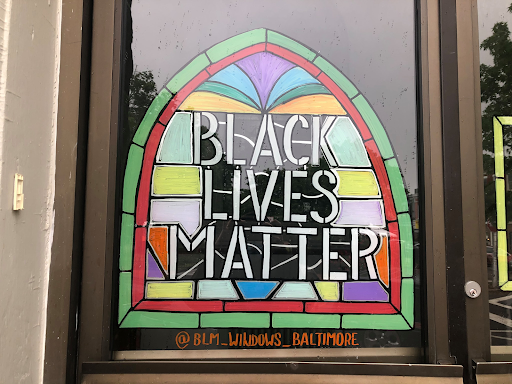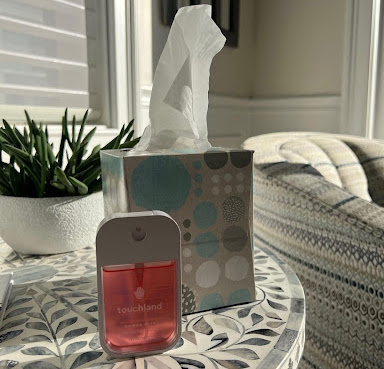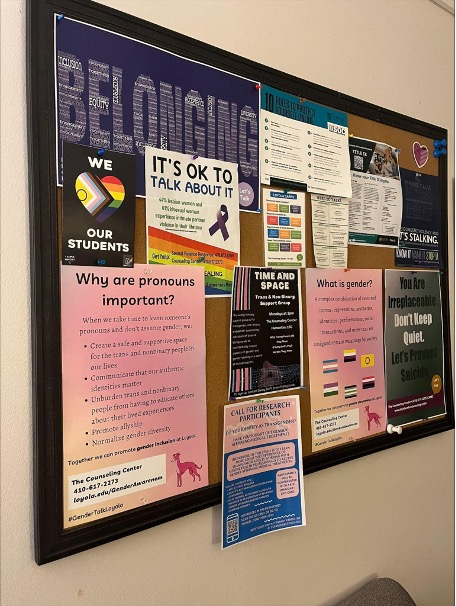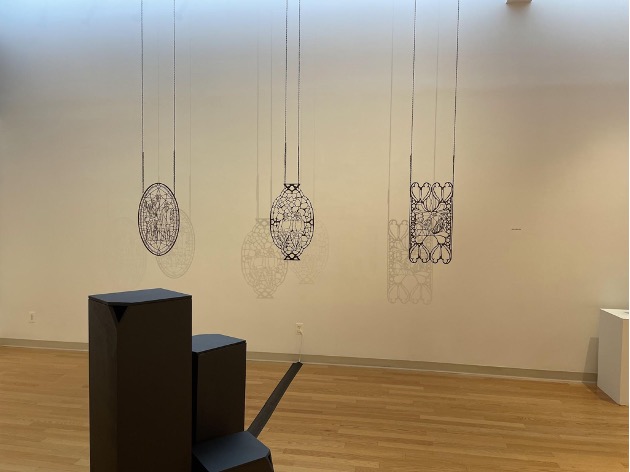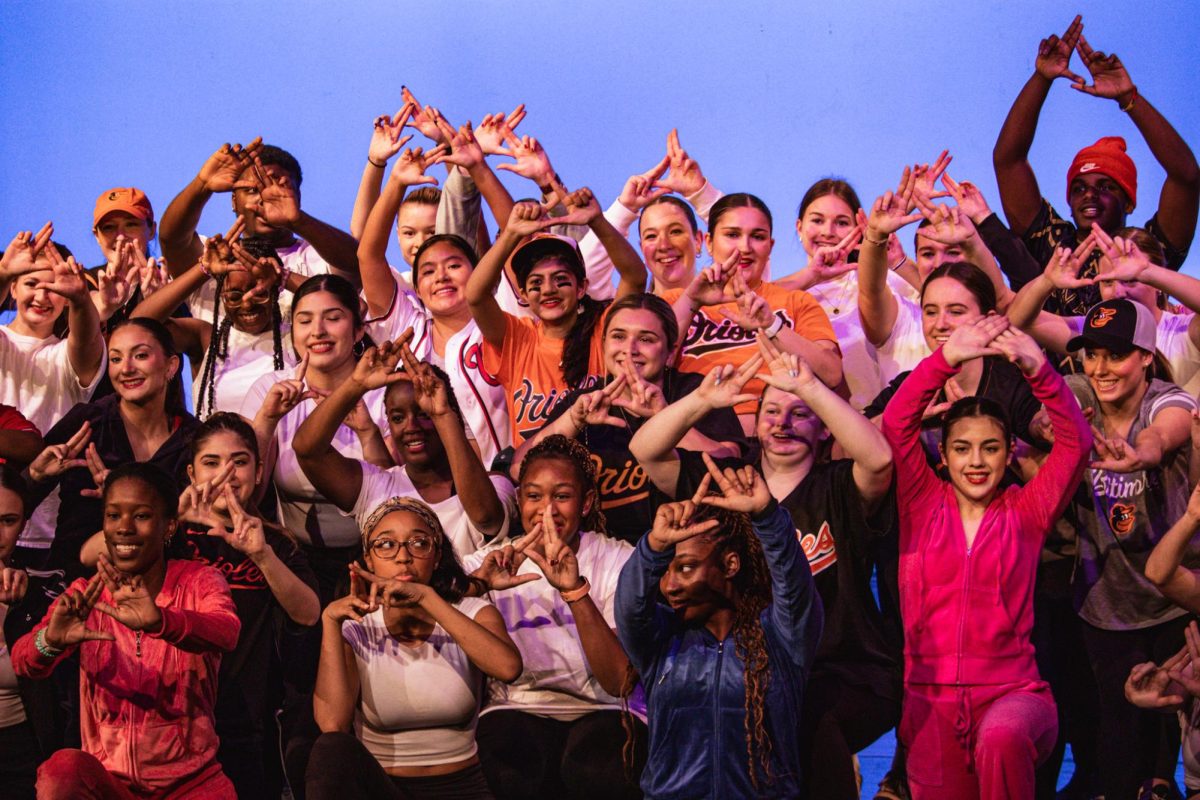The psychological effects of sexual assault, much like sexual assault itself, are often overlooked or even hushed by societal dialogue. American culture as a whole does little to address these pervasive issues: mental illness and sexual assault.
Eighty percent of rape survivors suffer chronic physical or psychological issues. Dr. Jason Parcover, associate director for public health, research and information systems at the Counseling Center, says, “Sexual assault, including acquaintance rape or engaging in sexual activity with someone who is not fully able to consent, is a traumatic and destructive crime. It can lead to symptoms of depression, PTSD experiences—like flashbacks and fear” in addition to physical repercussions.
Survivors of sexual assault often don’t seek out the resources to aid the healing process even though they’re readily available. Parcover explains that services at Loyola’s Counseling Center are free and confidential, but also that many resources are available online. Only between 25 and 50 percent of survivors seek mental health services after an assault. “It is natural to not want to talk or think about the trauma that [one] has experienced, but getting support can be very important to recovery,” says Parcover.
President of Loyola’s Take Back the Night chapter, Kate Smith, 2015, says that recovery is a long process, individualized by each survivor’s own experience, though each one is marked by the fact that the survivor will be dealing with this incident for the rest of his or her life.
She goes on to explain that survivors may have problems when looking in mirrors, as they feel as if their scars and bruises are permanently visible, making others view them as being damaged. Survivors also endure aftereffects ranging from nightmares to flashbacks that can be triggered by a sound or a scent. “It hinders someone’s life; you’re standing in the mall and all of a sudden a guy walks by with the same cologne [as your perpetrator] and all of a sudden you’re three years back [reliving the incident],” Smith says.
While the resources are available, many individuals see the act of coming forward about their assault as shameful. “There is no ‘normal’ reaction to sexual assault,” Parcover says, but it is normal to talk about what happens.
The mental wellbeing of the survivors is not the only one to be addressed in cases of sexual assault. Society would be remiss to ignore the possible mental instability in the perpetrators as well. Smith likens serial rapists to serial killers in that, in both cases, the person carrying out the act “has a problem.”
“In this country, mental health is not talked about very much so when it comes to something that is possibly caused by a mental instability they [society] doesn’t like to think that there are people out there who do these things…it’s easer to say she was in the wrong place at the wrong time,” Smith says. “By not blaming him, you’re not allowing for someone along the way to realize ‘I missed all those signs.’ As a friend, as a family member, as a counselor, as a teacher, I should have seen that the perpetrator was displaying [signs of instability]. You’re taking that blame and guilt off of everyone else and blaming her.”
Victim-blaming, slut-shaming and rape culture perpetuate the idea that the survivor is at fault for what happened, only furthering the detrimental psychological effects that have shaken the survivor’s psyche. After the recent leak exposing hundreds of celebrity nude photos, many people gave “advice” to the female (and now male) stars whose privacy was encroached upon. Ricky Gervais joked, “Celebrities, make it harder for hackers to get nude pics of you from your computer by not putting nude pics of yourself on your computer.”
Comments like this build the foundation that makes it OK for perpetrators and, more broadly, society, to accuse the survivor of having done something wrong. Lena Dunham tweeted, “The ‘don’t take naked pics if you don’t want them online’ argument is the ‘she was wearing a short skirt’ of the internet.”
Smith speaks to this common misconception of how sexual assault and rape is perceived. “It’s a basic human right to be safe in an environment where you’re comfortable…It’s easier to blame the victim,” she says, “because it’s easier to explain…You give [the perpetrator] an excuse for what they do and, in a sense, lessen the intensity of what the crime really is.”
As with any crime, there is an offender and the victim. Often, however, the perpetrator is seen as the victim, due to an alleged lack of clarity on the actual survivor’s part, or by placing the blame on alcohol or other extraneous factors. When it comes down to verbiage, saying “she was raped” places the survivor at fault, rather than saying “he raped her” and removing the passivity and identifying that there were two individuals involved in the incident.
“We send this message of accountability and blame to women, a message they absorb from youth and grow up with, ingraining guilt, shame and stigma,” Parcover says. “This happens with every question of ‘What was she wearing?’ or ‘How much was she drinking?’ and with every article about sexual violence that focuses on appearance, behavior, alcohol or sexual history.”
Sexual assault is not spoken about with the diligence society owes it, if it’s spoken about at all. Alongside the cultural slight of misrepresenting sexual assault, mental illness is often given a silent treatment. Despite both sexual assault and mental illness remain at the helm of the most prominent issues society faces—domestic abuse and gun violence, to name a few—these subjects are pushed aside and hushed, as if not talking about them means they don’t happen.
According to the Rape, Abuse and Incest National Network (RAINN), an American is sexually assaulted every two minutes; there are about 237,868 victims of sexual assault per year. Sixty percent of these assaults go unreported. Removing the shame from the survivors is one of many ways society can open the dialogue on sexual assault and encourage the conversation to shift from victim-blaming to placing the blame where it lies.
Parcover says, “We are living in a world in which victims are blamed, stigmatized, doubted and re-victimized in the wake of their ordeals. The practice is so normalized, so culturally ingrained. It’s time to be outraged about this. It’s time to ask why.”


















